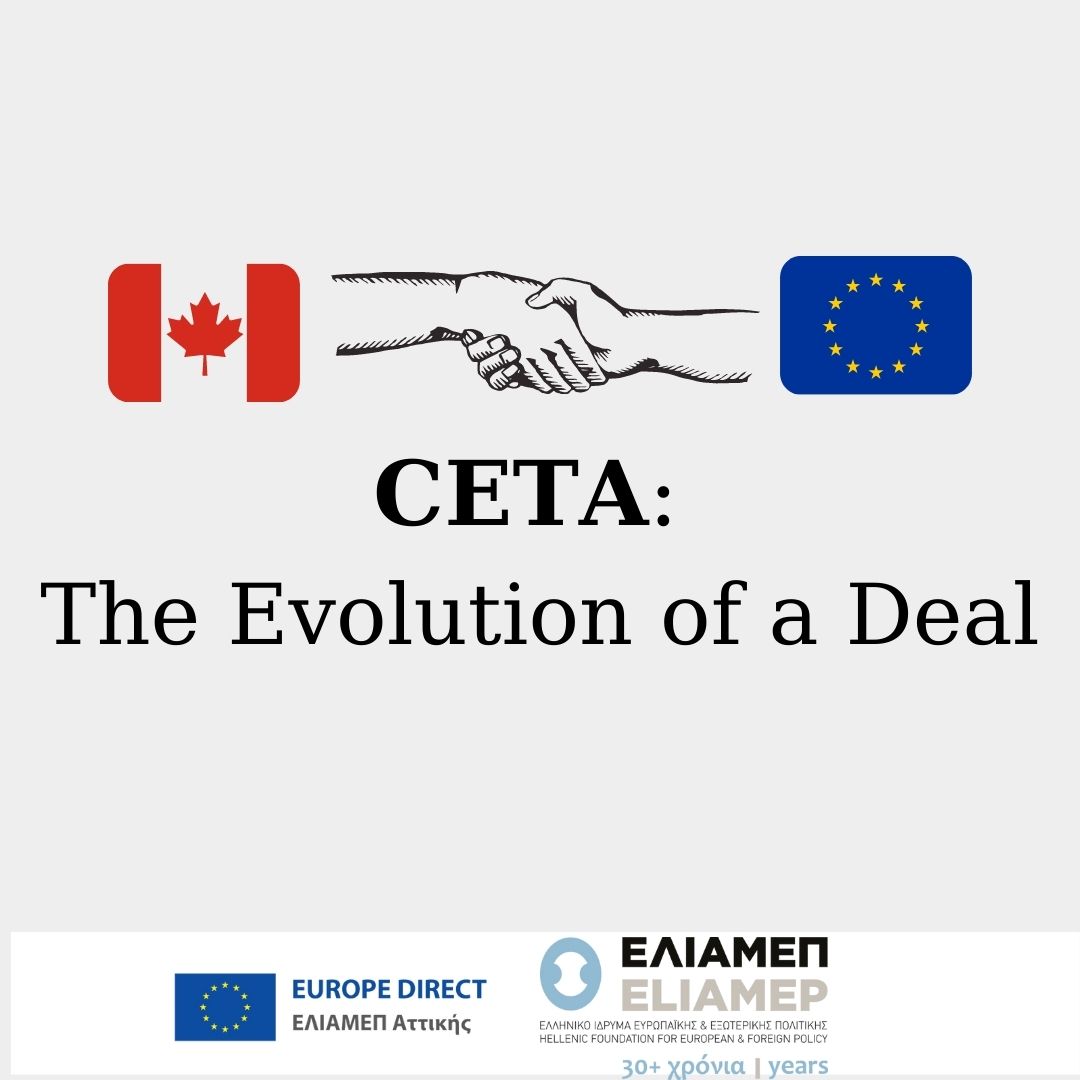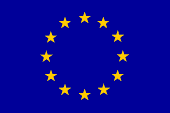EU-Canada Comprehensive Economic and Trade Agreement (CETA): The Evolution of a Deal
 Introduction:
Introduction:
This project aims at mapping and better understand how the European Union (hereinafter: the EU) and Canada reached an agreement after rounds of negotiations, what the EU-Canada Comprehensive Economic and Trade Agreement (hereinafter: CETA) includes and how it has been applied to in the EU and Canada.
The project will start with detailed research on the background of CETA and an account of the trade negotiation. The second part of the research will include the provisions of the deal and how it is expected to be implements by the two parties. The third and last part will present a first evaluation of the implementation of CETA.
The last step of the research will be to report conclusions on the deal.
First stage: Background
This first stage of the internship would like to focus on three main objectives: what predated the CETA, why this framework of partnership did not work and why there was a need to reframe EU and Canada relations through CETA.
Second stage: The content of the EU-Canada Comprehensive Economic and Trade Agreement (CETA)
The second part of the research includes the analysis of the CETA.
Third stage: The Evaluation
Based on the background and the analysis of the CETA, now it’s time to form an evaluation of the agreement.
Project information:
Project Duration: April 18th to June 24, 2022
Researcher: Dimitri Manikas (University of Toronto)
Academic Mentor: Spyros Blavoukos, Senior Research Fellow, Head, Ariane Condellis Programme, ELIAMEPA, and Associate Professor at the Athens University of Economics and Business









